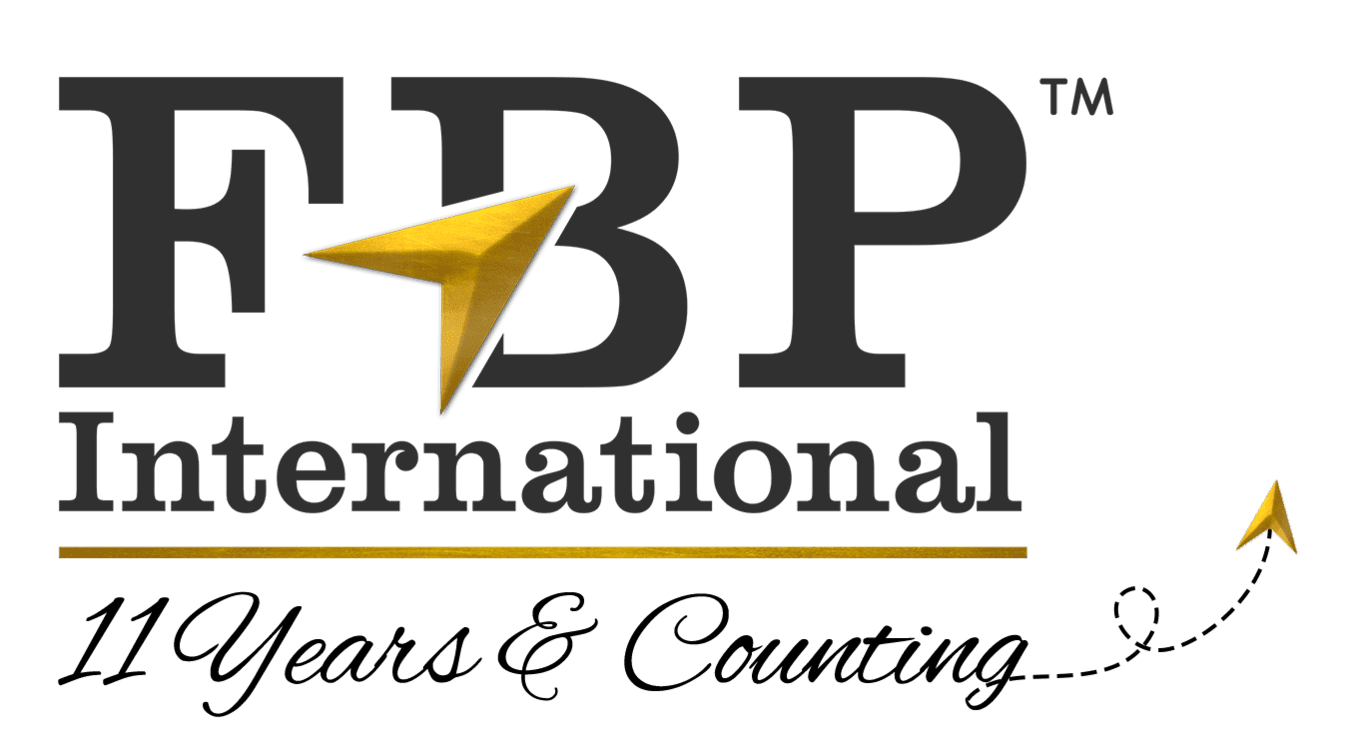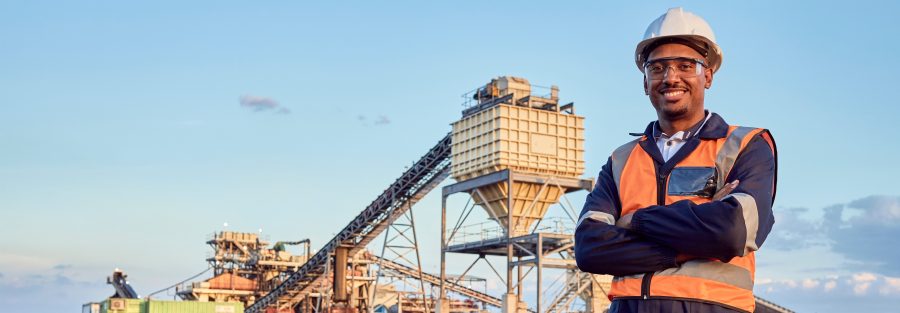Australia’s mining industry is a global powerhouse, contributing significantly to the country’s economy and offering lucrative job opportunities for skilled workers. Known for its vast reserves of minerals like iron ore, coal, gold, and lithium, Australia’s mining sector is a magnet for individuals seeking rewarding careers. Here’s a closer look at why mining jobs are in high demand and how skilled workers can capitalise on these opportunities.
- Rich Natural Resources: Australia is one of the world’s top producers of minerals, with an abundant supply of iron ore, coal, gold, bauxite, and critical minerals like lithium and rare earth elements. These resources fuel global industries, from manufacturing to technology, driving consistent demand for mining operations.
- Global Market Demand: The transition to renewable energy and the rise of electric vehicles have heightened the demand for resources like lithium and nickel. Australia’s strategic position as a leading supplier positions its mining industry for sustained growth.
- High Salaries and Benefits: Mining jobs in Australia are among the highest-paying roles, with average salaries ranging between AUD 100,000 and AUD 200,000 per year for skilled professionals. Workers often receive additional perks, including housing, transport allowances, and extended leave periods.
- Mining Engineers: Mining engineers design and plan efficient mining operations, ensuring safety and sustainability. They play a pivotal role in optimising resource extraction.
- Geologists: Geologists analyse the composition and structure of the earth to locate mineral deposits. Their expertise guides exploration and extraction efforts.
- Heavy Equipment Operators: Heavy equipment operators manage the machinery essential to mining operations, from haul trucks to excavators. This role requires specialised training and certification.
- Electricians and Fitters: Tradespeople such as electricians, fitters, and boilermakers are critical for maintaining and repairing machinery and infrastructure.
- Environmental Specialists: With an increasing focus on sustainable mining practices, environmental officers ensure that operations comply with environmental regulations and minimise ecological impact.
- Western Australia (WA): WA is the heart of Australia’s mining industry, home to massive iron ore and gold mines. Regions like the Pilbara and Kalgoorlie are well-known hubs for mining activity.
- Queensland: Queensland is a major producer of coal and bauxite. The Bowen Basin and Mount Isa are key mining areas in this state.
- New South Wales (NSW): NSW has a strong coal mining industry, with operations in the Hunter Valley and Illawarra regions.
- South Australia and Northern Territory: These regions are known for copper, uranium, and other base metals. The Olympic Dam in South Australia is one of the world’s largest deposits of copper and uranium.
- Relevant Skills and Experience: Most roles require specific skills and experience. Tradespeople must have recognised qualifications, while engineers and geologists typically need tertiary education.
- Safety Certifications: Safety is paramount in mining. Depending on the state, workers must complete mandatory safety training, such as the Mining Induction Training (Standard 11) or equivalent.
- Physical Fitness: Many mining roles involve physical labour and long shifts in remote locations, making physical fitness a crucial requirement.
Mining jobs are often located in remote areas, and FIFO arrangements allow workers to commute between the site and their home city. This setup typically involves:
- Rosters: Workers follow fixed rosters, such as two weeks on-site followed by one week off.
- Accommodation: Employers provide comfortable accommodation and meals at mining camps.
- Travel: The employer generally covers flights between home and the worksite.
- Skilled Migration Visas: The Subclass 189 and Subclass 190 visas allow skilled workers to permanently live and work in Australia. Mining-related occupations are often included on the Skilled Occupation List.
- Employer-Sponsored Visas: Many mining companies sponsor international workers for roles where local talent is scarce, using visas like the Subclass 482 (Temporary Skill Shortage Visa).
- Regional Visa Opportunities: Mining locations often fall under regional areas, making migrants eligible for Subclass 491 (Skilled Work Regional Visa).
- Upskill with Training: Enroll in courses specific to mining, such as heavy machinery operation, safety induction, or trade certifications.
- Research Job Portals: Websites like Seek, Indeed, and specialised mining platforms list current vacancies.
- Engage Recruitment Agencies: Agencies specialising in mining roles can match you with suitable positions.
- Build a Professional Network: Attend industry events and connect with mining professionals to learn about opportunities.
The Australian mining sector is evolving, with a growing focus on automation, renewable energy, and sustainability. This shift opens new opportunities for tech-savvy professionals and environmental specialists, ensuring the industry remains a lucrative career choice for years.
Mining jobs in Australia offer skilled workers the chance to earn high salaries, gain valuable experience, and enjoy a unique lifestyle. Whether you are an engineer, tradesperson, or technician, the mining sector provides diverse career pathways with immense growth potential.




